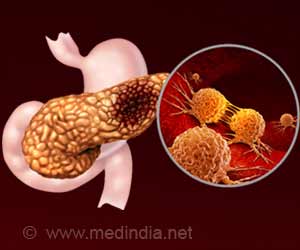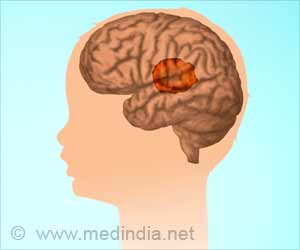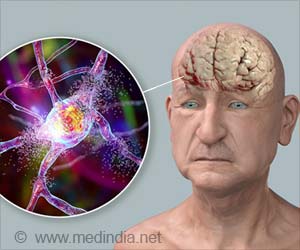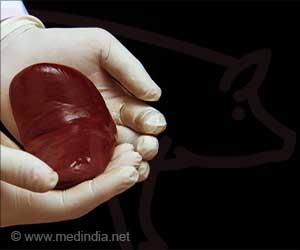New drug AT7519 for treating pancreatic tumors prevents mutant KRAS gene by inhibiting proteins associated with it.
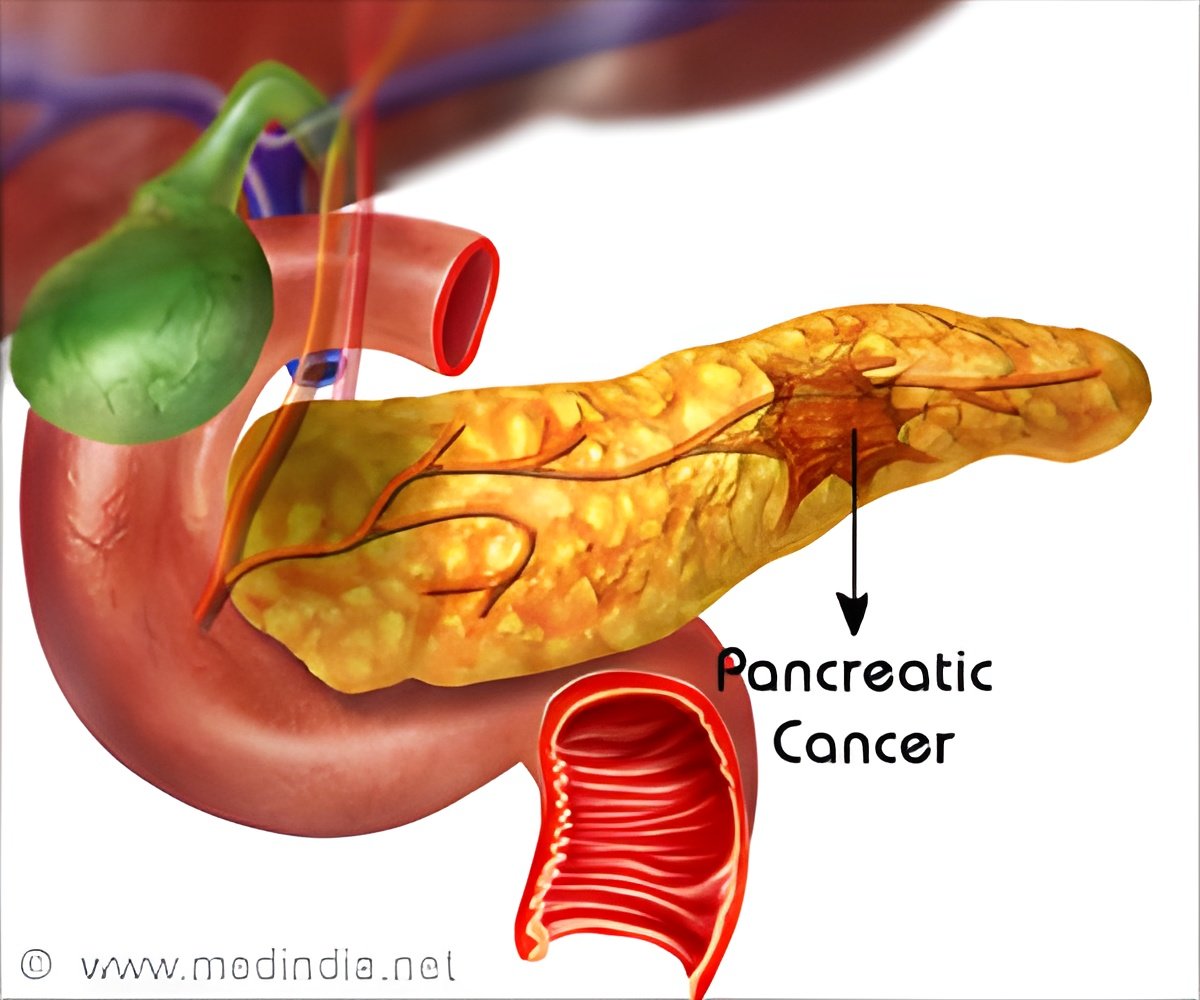
A pre-clinical study conducted in Moffitt Cancer Center and published in Clinical Cancer Research identifies a novel drug that effectively prevents mutant KRAS gene to cause pancreatic tumors.
"We discovered a link between hyperactivation of the CDK protein and mutant KRAS addiction, and we exploited this link preclinically to counter mutant KRAS-driven pancreatic cancer, warranting clinical investigation in patients afflicted with this deadly disease," said Sebti, who is also the Lacy Family Chair in Cancer Research at Massey and a professor of pharmacology and toxicology at the VCU School of Medicine.
This is considered as a new avenue to combat an aggressive form of pancreatic cancer with very poor prognosis mainly due to its resistance to conventional therapies.
Mapping out the blueprint of pancreatic cancer cells through global phosphoproteomics is the first step in this study to know about the difference in addicted and non-addicted tumors at the phosphoprotein level and also discovered two proteins CDK1 and CDK2 indicate cells addicted to mutant KRAS.
Additionally, they analyzed a comprehensive database from the Broad Institute of MIT and Harvard to discover that CDK1 and CDK2 as well as CDK7 and CDK9 proteins were associated with mutant KRAS-addicted tumors.
Advertisement
These findings are validated by AT7519 suppressing the growth of xenograft cells from five mutant KRAS pancreatic cancer patients who relapsed on chemotherapy and/or radiation therapies.
Advertisement
Source-Medindia

